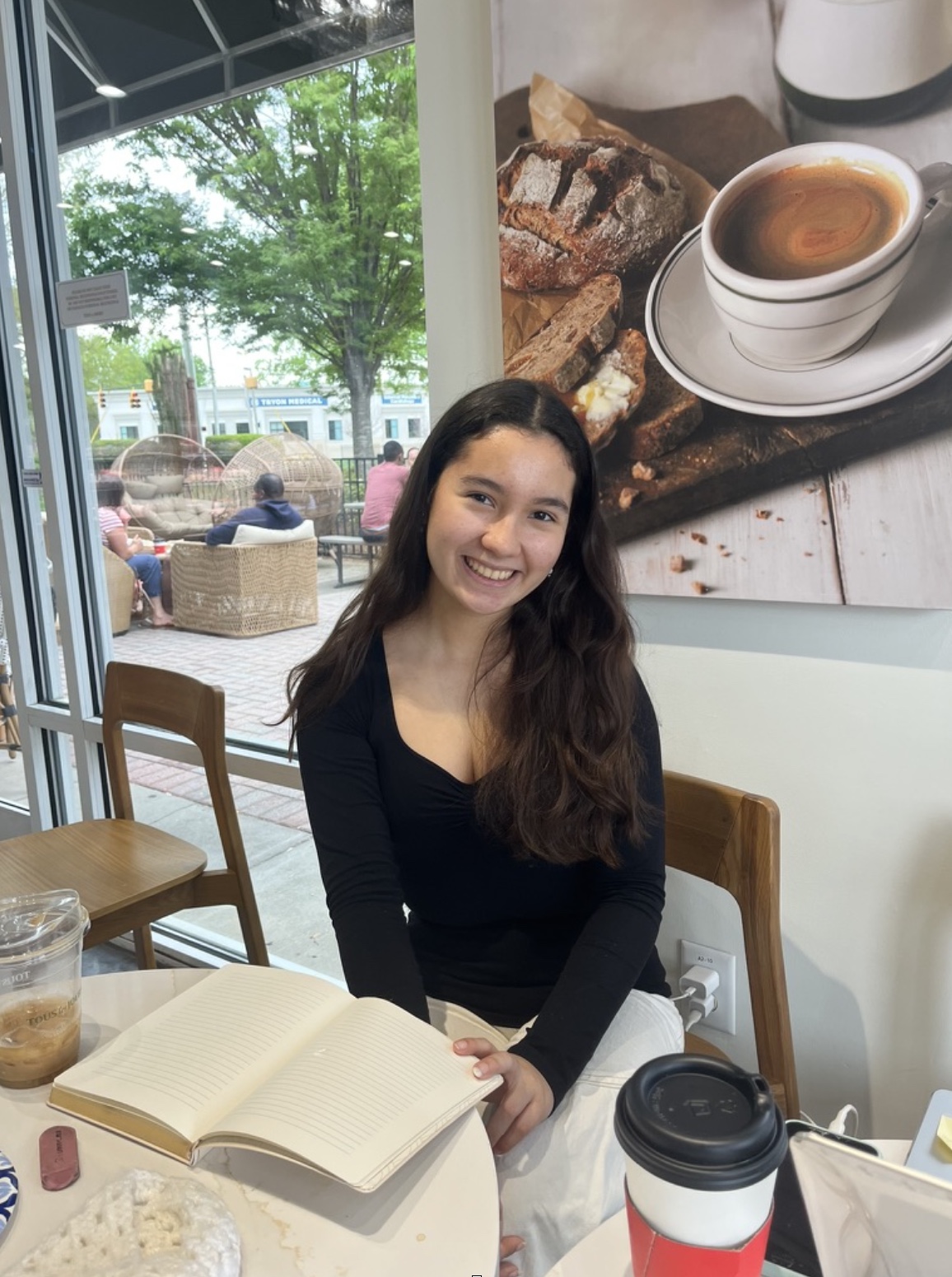
DONATE HERE ----> https://www.zeffy.com/en-US/donation-form/rebela
Rebela (from Spanish “revela” – to reveal) empowers young Latin American women, like myself, passionate about film, by providing them with essential resources such as “film kits” or specialized filmmaking equipment. This will enable them to create their own films, shedding light on diverse aspects of Latin American reality. By showcasing the unique backgrounds, social statuses, and personalities of these young filmmakers, this program aims to foster greater visibility and understanding of the region’s diverse cultural landscape. We believe that diversity raises open-minded individuals, as it fosters a sense of connection and relatability among viewers. By broadening our worldview and seeing ourselves reflected in media, we feel less isolated and more understood.
Catalina Umpire, our founder, has lived in Peru for 16 years. Despite her young age, she has an understanding of the reality of her country and the rest of the region: “Living in Peru for 16 years, I was able to witness the different realities tied to social background, economic hardship, and day-to-day problems. I always wondered why I never saw this in the movies I watched, which were predominantly American. I want Latina girls to grow up watching themselves on the screen, not someone they don’t identify with. Through Rebela, I hope to create a space where Latin American girls not only have the tools to tell their stories, but also the confidence to believe those stories matter. This is more than filmmaking; it’s about reclaiming our narratives, celebrating our cultures, and showing the world that our voices belong on the screen”.
FOUNDER BIO:

Catalina Umpire, founder and director of Colectiva Rebela, was born and raised in Peru, where she lived until December 2024 before moving to Charlotte, NC. Passionate about film and creating spaces for young women to have a voice, she reflects, “Living in Peru for 16 years, I was able to witness the different realities tied with social background, economic hardship, and day-to-day problems. I always wondered why I never saw this on the movies I watched, which were predominantly American. I want Latina girls to grow up watching themselves on the screen, not someone they don’t identify with.” Her experience includes collaborating on the first edition of the Peruvian film festival Corte Final Fest, completing the NYU “TV and Industry Essentials” course—which required the creation of a short film from pre-production through post-production and festival submission—and serving as event coordinator for her school’s Spanish Honor Society.
